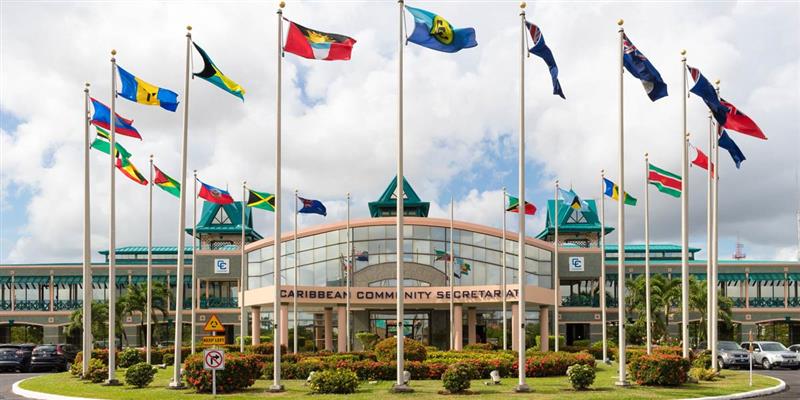The IMF press briefing following the publication of the World Economic Outlook for April 2021 clarified some issues arising.
Phasing out support
The fiscal support provided by countries during the pandemic should be well targeted to affected households and firms. As the pandemic retreats and conditions in the labour market begin to return to normal, worker retention measures should be reduced gradually and more attention should be given to reallocating workers, through measures such as targeted hiring subsidies and retraining of workers for acquisition of new skills.
Insolvencies
As exceptional measures to help businesses are withdrawn, there could be a sharp increase in insolvencies which could put one in ten jobs at risk in many countries. As a way to reduce long-term damage, countries could consider converting the liquidity support previously given into support in the nature of equity for viable firms. To deal with the bankruptcies that arise governments could develop out-of-court procedures to deal with the issues as quickly as possible.
Economic recovery
Following the pandemic, government policy efforts should aim at building greener and more resilient economies, to strengthen the recovery and raise potential output. Green infrastructure investment should be given priority to help in mitigating climate change. Investment in digital infrastructure could also increase productive capacity. These measures could be supported by adequate social assistance to avoid further increases in inequality.
Government revenue
Economies with limited fiscal space due to high public debt levels will have difficulty in funding the spending required for the recovery. They will need to improve tax capacity and increase progressivity in the tax system, in addition to introducing carbon pricing and reducing unnecessary expenditure. They should set out credible and transparent medium-term frameworks to help reduce borrowing costs and eventually reduce government debt.
International cooperation
Countries will need to work together, firstly on achieving universal vaccination. Many countries may not have widespread vaccination until the end of next year, and to improve this prospect there is a need to increase vaccine production and distribution, ensuring that export controls are avoided. The COVAX facility will need to be fully funded and there must be fair global transfers of excess doses.
Tailored approach to economic recovery
As the economic characteristics and speed of recovery in each country are different, a tailored approach will be necessary for policies following the pandemic. For example, one important issue will be the extent to which a country’s economy relies on tourism, which will be affected by the pandemic for a longer period than most other sectors. To continue supporting industries for the period necessary, the measures will need to be well targeted, to ensure that they are affordable. The sectors targeted will depend on the nature of the economy and the key industrial sectors.
Global minimum corporate tax
The IMF has long supported the introduction of a common global corporate minimum tax. There is currently a large problem of profit shifting, tax avoidance and use of tax havens that erodes the tax base from which countries can obtain their tax revenue to finance the spending required.












